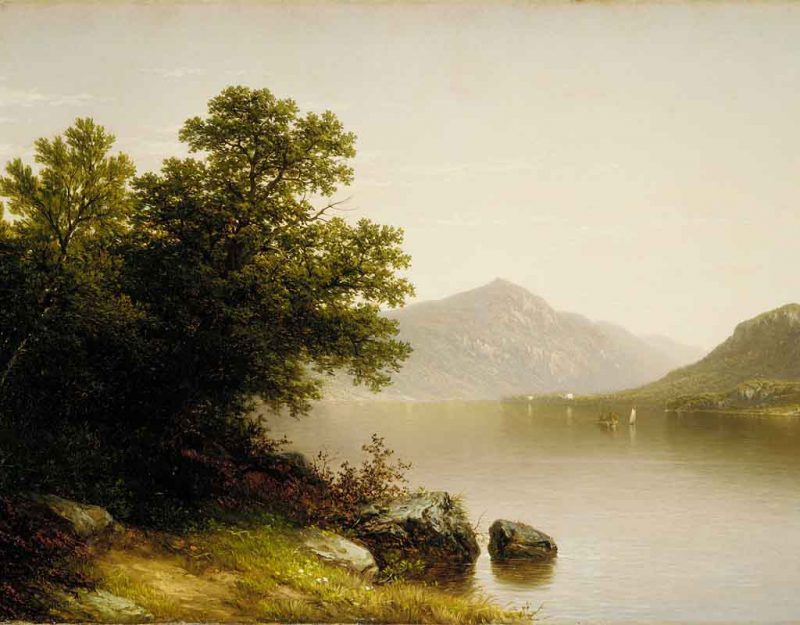When Africa Trolled Science
Back in the 1980s, the “USA Today Effect” took over journalism, so by the 1990s, most journalists were just typing out press releases or calling people on the phone to get statements. They never went into the field; it was more important to produce content than maintain quality.
This led to journalism reaching its peak in 1999, when the BBC broke a story generated by paying people for interviews on the street:
At the Lusaka sewage ponds, two teenage boys plunge their hands into the dark brown sludge, gathering up fistfuls and stuffing it into small plastic bottles. They tap the bottles on the ground, taking care to leave enough room for methane to form at the top. A sour smell rises in the hot sun, but the boys seem oblivious to the stench and the foul nature of their task.
They are manufacturing “Jenkem”, a disgusting, noxious mixture made from fermented sewage. It is cheap, potent and very popular among the thousands of street-children in Lusaka. When they cannot afford glue or are too scared to steal petrol, these youngsters turn to Jenkem as a way of getting high.
“It lasts about an hour”, says one user, 16-year-old Luke Mpande, who prefers Jenkem to other substances.
“With glue, I just hear voices in my head. But with Jenkem, I see visions. I see my mother who is dead and I forget about the problems in my life.”
The article turns into a lecture on poverty after that. As said elsewhere: Clinton and Obama changed American culture to be more PC, which meant that we could talk about nothing offensive, which left us only the option of talking about social justice, equality, feminism, and racial justice since everything else had become taboo.
In the meantime, a handful of African boys may have pulled off the greatest troll in human history by revealing how far the BBC had fallen, and rolling out a story that Western brainwashed elites were sure to want to believe.










